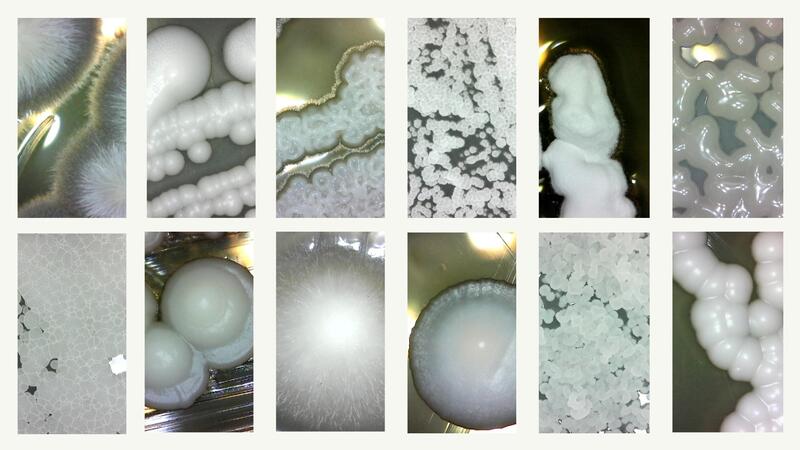News
These Jacks-of-all-trades are masters, too
In a landmark study based on one of the most comprehensive genomic datasets ever assembled, a team led by scientists at the University of Wisconsin–Madison and Vanderbilt University offer a possible answer to one of the oldest questions about evol
Once biomass has been pretreated and the sugars released, GLBRC scientists work with bugs like yeast and E. coli to optimize the way they churn through sugars and ferment them to produce fuels.
Just as people need to chew food to better access and digest the nutrients inside, mechanical and chemical pretreatment of plants disrupts the cell walls and allows access to the sugars within. Using ammonia, heat and pressure, a pretreatment method known as AFEX (ammonia fiber expansion) blasts open cell walls, allowing enzymes easier access to the sugar polymers that make up plant cellulose.
In August, President Obama announced that the U.S.
Creating biofuels from region-specific biomass could make a huge dent in fossil fuel use for transportation. But moving lightweight, bulky biomass from farms to factories could leave a large carbon footprint, and get expensive quickly.
EAST LANSING, Mich. — Pretreating non-edible biomass – corn leaves, stalks or switch grass – holds the keys for unlocking its energy potential and making it economically viable, according to a team of researchers led by Michigan State University.
Bruce Dale
Bruce Dale, Leader of GLBRC's Deconstruction Research Area, talks about biomass pretreatment, and its role in the biofuels pipeline.
MADISON - For thousands of years, bakers and brewers have relied on yeast to convert sugar into alcohol and carbon dioxide. Yet, University of Wisconsin-Madison researchers eager to harness this talent for brewing biofuels have found when it comes to churning through sugars, these budding microbes can be picky eaters.
David Rothamer
GLBRC engine researcher David Rothamer explains the differences between cellulosic ethanol and corn ethanol.
Bruce Dale
Bruce Dale, Leader of GLBRC's Deconstruction Research Area, talks about the age-old discussion of whether cellulosic ethanol is efficient to create.
David Rothamer
GLBRC engine researcher David Rothamer explains what ethanol is and why it's a good fuel.




